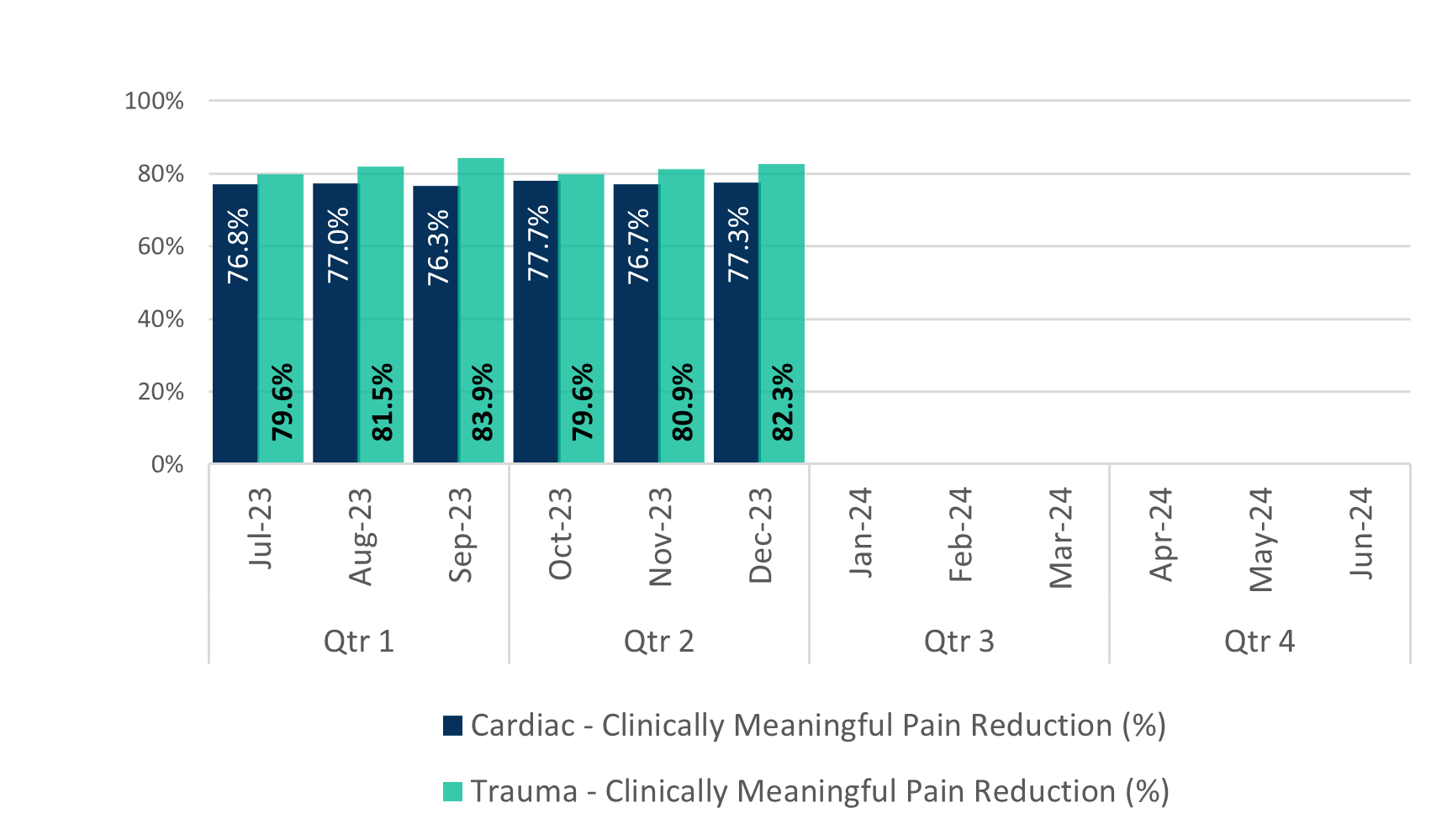Our Patients

We put our patients first. The Queensland Ambulance Service (QAS) is always improving models of care with patient safety at the forefront. We have worked hard to expand our services beyond traditional models of care—and traditional views of ambulance services— towards broader, better, more tailored responses to the specific needs of our patients. We still deliver an ambulance in the driveway when you need it, but now we can do so much more.
QAS Clinical Hub
Borne from the COVID-19 pandemic, the QAS Clinical Hub provides secondary triage and health navigation for patients after they call Triple Zero (000).
The Clinical Hub is home to a multidisciplinary group of clinicians including medical officers, senior paramedics, mental health practitioners, social workers and embedded Hospital and Health Service (hospital) staff. This highly skilled team assist in providing expert advice to patients and paramedics and assist in providing appropriate health care navigation to the people of Queensland
Mental Health Co-Responders
A joint effort between the QAS and participating Hospital and Health Services, the Mental Health Co-responder Program sees a QAS senior paramedic paired with a senior mental health clinician from the local mental health service to provide timely and appropriate care for those experiencing a mental health crisis.
In the past, most people calling Triple Zero (000) during a mental health crisis would be transported by paramedics to a hospital Emergency Department, however this collaborative service allows the patient to be treated and cared for in the comfort of their own home.
The program has been hailed a huge success since its pilot in South East Queensland in 2019 and has since been rolled out to a number of locations throughout the state.
Mental Health Co-responders are located in over a dozen districts across Queensland, including Cairns, Townsville, Mackay, Rockhampton, Sunshine Coast, Metro North (3 sites), Metro South (3 sites), Gold Coast (2 sites), Darling Downs and Wide Bay.
There are further plans to expand the program across the state, including into additional sites in the Metry South and Sunshine Coast regions throughout 2024.
Mental Health Liaison Service
The QAS’s Mental Health Liaison Service involves a QAS Senior Mental Health Clinician working in the Brisbane Operations Centre to provide information, advice and assistance to Triple Zero (000), supervisors, managers, paramedics across the entire state. This service supports the timely and appropriate dispatch of resources to people in a mental health crisis, whilst also assisting clinical decision by the attending paramedics.
The MHLS also provides direct clinical support to patients experiencing a mental health crisis via telemedicine, including de-escalation, risk assessment and management, advice, information, psycho education regarding symptom management, and guidance around appropriate referral options.
The MHLS reviewed over 30,000 incidents (2022-23 financial year) where a patient was having a mental health crisis. This vital intervention resulted in over 1,000 patients per month not requiring an emergency department admission. This means more patients completing treatment at home, under the supervision of trained and competent clinicians.
Patient management and clinical progress
The QAS aims to provide exceptional care to our patients on every occasion.
We collect information about the effective management of patients and their pain in relation to cardiac and trauma patients to ensure we continue to practice safe, meaningful, quality care.
In the 2022-23 financial year, the state-wide clinically meaningful pain reduction for cardiac patients was 80.7 percent and trauma patients 81.6 percent.
The graph below provides a breakdown of our performance for both cardiac and trauma patients with a clinically meaningful pain reduction - by quarter for the current financial year.

View more data here
- Public Performance Indicators: Second Quarter 2023-24 (PDF, 515KB)
- PPI Quarter 2 2023-24 (XLSX, 525KB)
View previous Performance Reports
Last updated 10 February 2024


